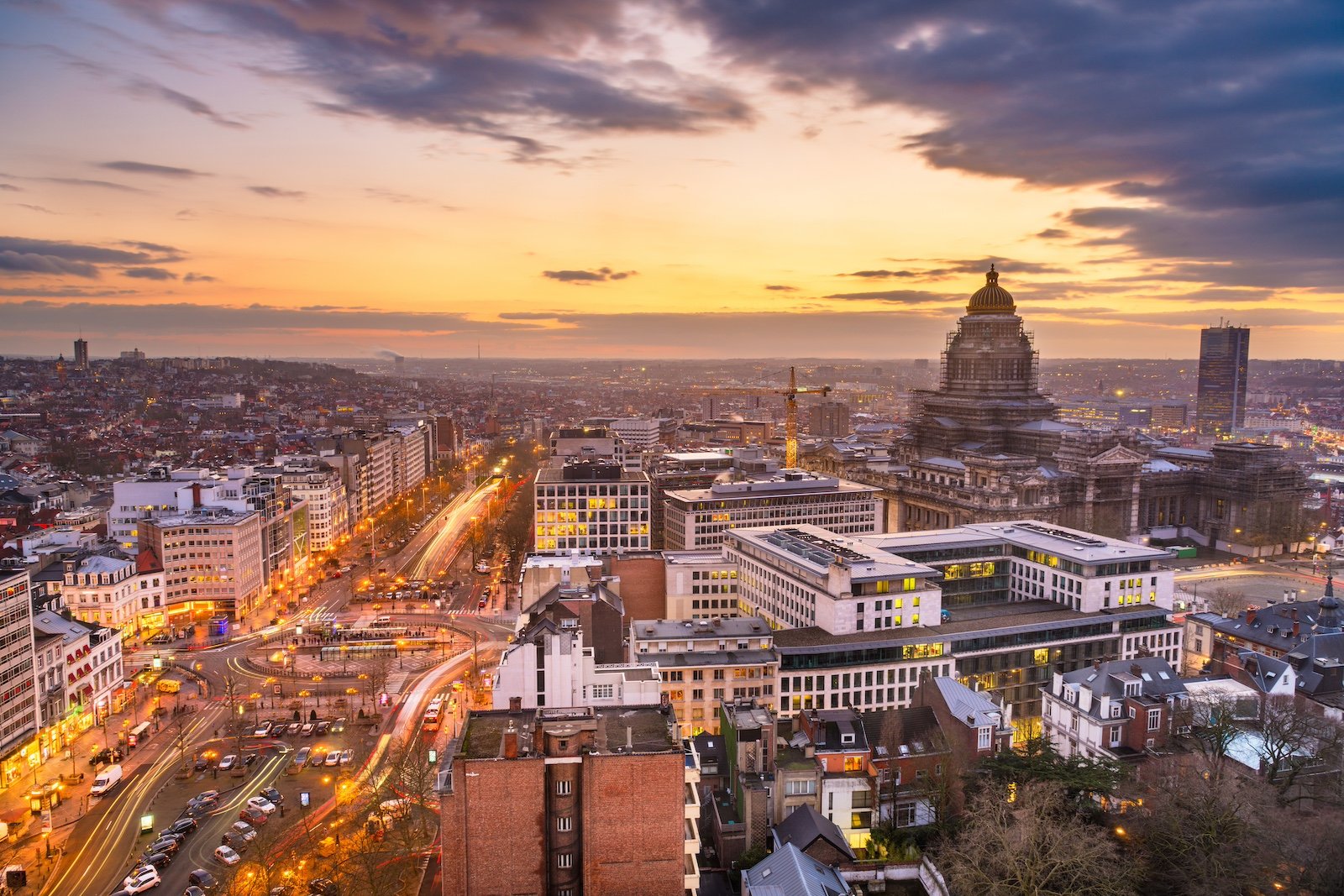Feminism, advocating for women’s rights based on equality of the sexes, varies globally in its influence and acceptance. While some countries have embraced feminist principles more openly, others lag.
Here’s a look at the countries where women lead the charge for equality, drive societal change, and ensure their voices are heard. We will also take a look at each country’s Global Gender Gap Index score for 2024.
Iceland

Score: 0.935
Iceland consistently ranks as one of the most feminist countries. This is because the country has pioneered several gender equality measures, including mandatory gender quotas on corporate boards. The country has been ranked first in Global Gender Gap Index for over a decade.
Sweden

Score: 0.816
The Nordic nation reflects near-gender-equal conditions for its population. Sweden’s comprehensive policies include generous parental leave, subsidized childcare, and robust support for women in leadership roles. Women also hold 46% of parliamentary seats, and the country strives to close the gender pay gap.
Finland

Score: 0.875
Finland pioneered women’s political rights as the first nation to grant both voting and parliamentary rights to women over a century ago. Today, governed by a young, female-led coalition, Finland balances ambitious equality initiatives. Finland also has a high female labor force participation rate and significant female representation in politics, with women holding 46% of parliamentary seats as of 2023
Norway

Score: 0.875
Norwegian women enjoy high levels of employment and are well-represented in both corporate and political spheres. Norway’s policies on parental leave are among the most generous globally, promoting an equitable division of childcare responsibilities.
New Zealand

Score: 0.835
New Zealand is a leader in the Asia-Pacific region for gender equality. The country has a history of progressive policies, being the first to grant women the right to vote in 1893. Women’s representation in parliament and senior management roles continues to grow, supported by government initiatives.
Spain

Score: 0.797
Spain has made significant strides in gender equality. The Spanish government has enacted comprehensive legislation to address gender-based violence and promote women’s rights.
Canada

Score: 0.761
Canada is recognized for its progressive stance on gender equality, with numerous policies supporting women’s rights and participation in the workforce. Prime Minister Justin Trudeau’s administration has been proactive in promoting gender parity, including appointing a gender-balanced cabinet.
Netherlands

Score: 0.775
The Netherlands strongly supports work-life balance policies and female labor force participation. Dutch women benefit from flexible working arrangements and comprehensive social services. The country’s policies on education and employment ensure high levels of female participation in various sectors, reinforcing its feminist credentials.
Germany

Score:0.81
The country has seen significant progress in promoting women’s rights and participation. The country has robust policies on parental leave and childcare, supporting women’s employment and career advancement. Germany’s commitment to gender equality is further demonstrated by its high levels of female representation in the corporate and political spheres.
France

Score: 0.781.
The country has implemented several legislative measures to promote women’s rights, including laws against gender-based violence and mandates for gender parity in corporate boards. France also supports women through extensive childcare and parental leave policies, contributing to high female labor force participation rates. Women’s representation in politics has grown, with women holding over 33% of parliamentary seats as of 2023.
United Kingdom

Score: 0.789
The United Kingdom has a strong legal framework supporting women’s rights. The Global Gender The UK has a high percentage of women in professional and managerial positions and continues to make strides in reducing the gender pay gap. Women occupy around 35% of seats in the House of Commons, demonstrating significant political representation.
Australia

Shutterstock
Score: 0.780
Australia is a leading country in the Asia-Pacific region for gender equality and is strongly committed to promoting women’s rights and participation in all sectors. Women in Australia benefit from high levels of education and employment opportunities, with increasing representation in leadership roles across various industries.
Switzerland

Score: 0.785
Switzerland has made significant progress in gender equality, scoring highly on global indexes. Swiss policies support gender parity in the workplace and political representation, with women holding a notable percentage of seats in parliament. Switzerland also provides comprehensive support for working parents, including generous parental leave and childcare services.
Belgium

Score: 0.793
Belgium is another European country making strides in gender equality, with a strong legislative framework supporting women’s rights. Belgian women benefit from high levels of education and employment opportunities, with significant representation in political and corporate leadership roles. Belgium continues to work towards closing the gender pay gap and promoting gender parity across all sectors.
Ireland

Score: 0.802
Ireland has seen considerable improvements in gender equality, supported by progressive policies and societal commitment to women’s rights. The country has enacted legislation to address gender-based violence and promote equal opportunities for women in all areas of life. Women’s representation in politics and senior management roles continues to grow, reflecting Ireland’s dedication to gender parity.
Austria

Score: 0.743
Austria has made notable advancements in promoting gender equality, with strong policies supporting women’s rights and participation in the workforce. It has comprehensive support for working parents, including parental leave and childcare services.
Portugal

Score: 0.787
Portugal has shown significant progress in gender equality, with comprehensive policies supporting women’s rights and social participation. The country gives importance to equal pay, anti-discrimination, and family support.
United States

Score: 0.747
The United States has made notable progress in gender equality, with a strong commitment to promoting women’s rights and participation in all sectors. For instance, The Biden-Harris Administration introduced the first-ever National Strategy on Gender Equity and Equality, focusing on economic security, health, education, and combating gender-based violence.


